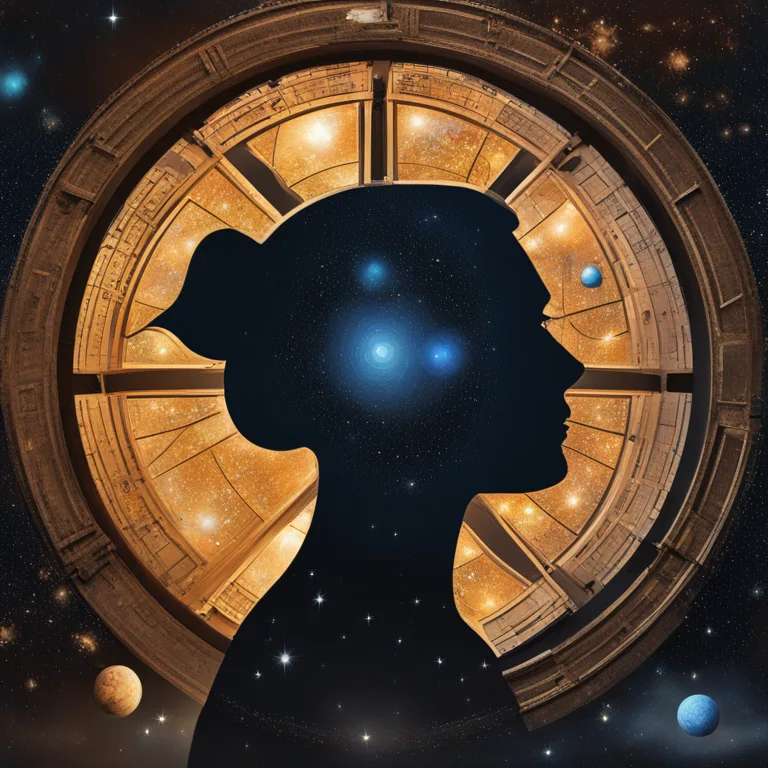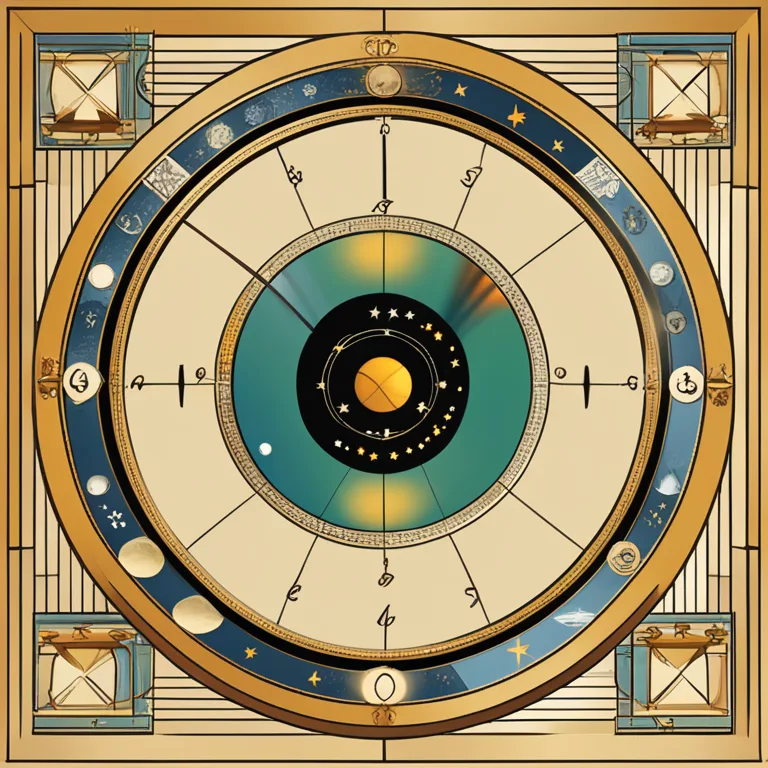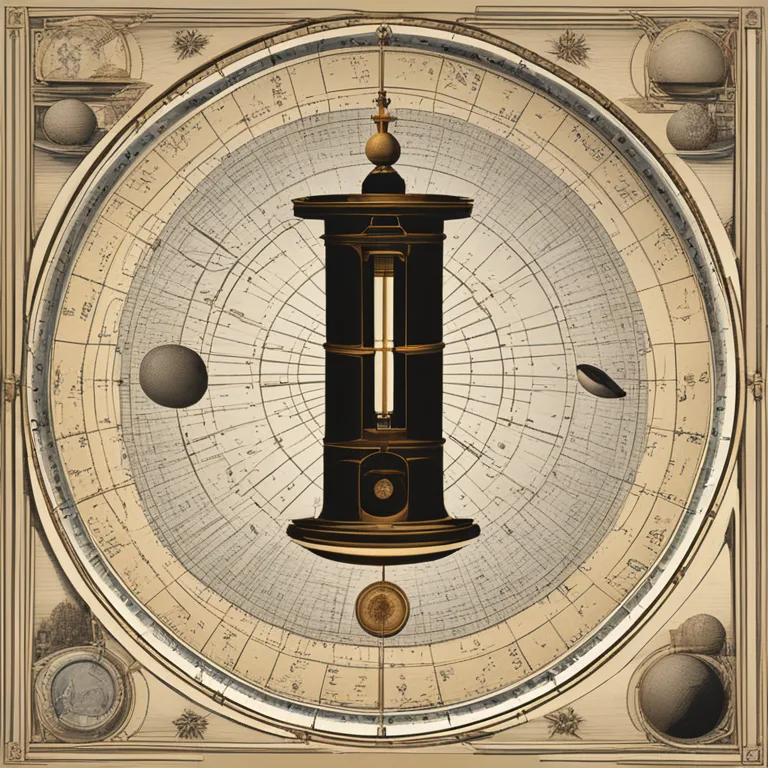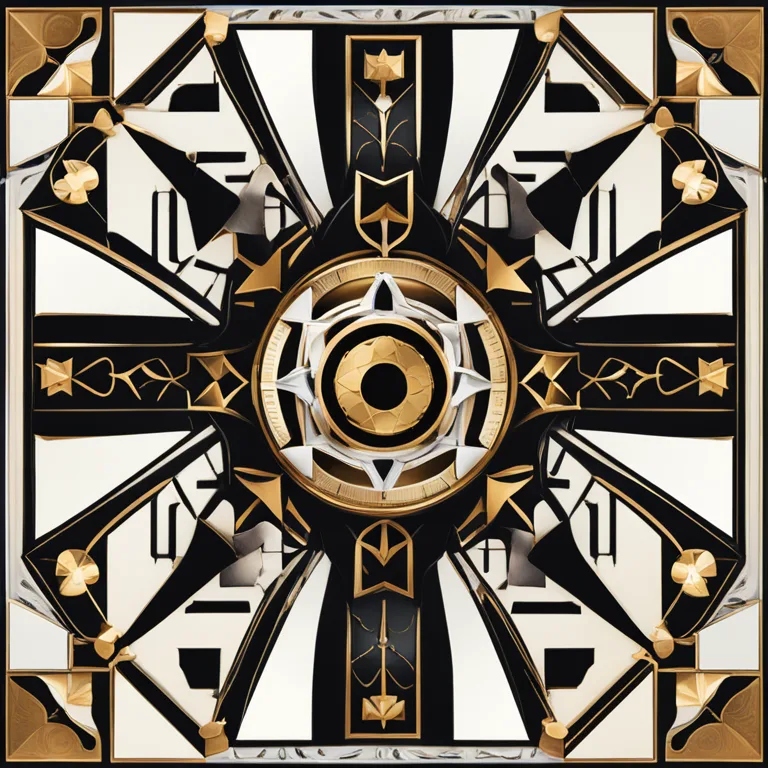
Astrology Meets Science: A Complex Relationship
Dive into the intriguing connection between astrology and science as we examine the legitimacy, challenges, and discussions surrounding this ancient practice in the modern scientific landscape.
article by Priya Deshmukh
Astrological Roots and Scientific Skepticism
Astrology, a practice dating back thousands of years, claims that celestial bodies influence human affairs and natural phenomena. Its broad appeal endures despite the skepticism it faces from the scientific community. The very foundation of astrology is at odds with scientific methods, hinging on belief systems rather than empirical evidence. Nevertheless, astrology continues to enchant millions with its allure of insight and foresight. In 2024 and beyond, astrologers will continue to analyze planetary alignments to make predictions, despite lacking scientific support for their correlation with events on Earth.

The Search for Empirical Evidence
Scientists demand rigorous, replicable evidence, and astrology has historically fallen short of this standard. Empirical tests of astrological predictions have often yielded results no better than chance. However, the field of astropsychology attempts to bridge the gap by exploring potential psychological effects caused by celestial bodies. While intriguing, these efforts have not yet produced conclusive evidence that meets the criteria for scientific acceptance. As such, astrology's position remains on the peripheries of credible scientific study.

Psychological Factors in Astrology
Astrologers argue that their practice provides comfort, reflection, and a framework for understanding personal experiences. It's not uncommon for horoscopes to offer suggestions for improved well-being in 2024, tailored to individual zodiac signs. Critics counter that these benefits stem from a psychological phenomenon known as the Forer effect, where individuals find vague, generalized statements highly accurate. This underscores the importance of studying the psychological facets of belief in astrology rather than its direct causation of events.

Historical Context and Cultural Influence
The historical significance of astrology cannot be discounted, nor can its impact on literature, language, and culture. Astrological language permeates daily life, with terms like "mercurial" or "venereal" having celestial origins. The discipline itself, rooted in the observational astronomy of early civilizations, initiated the study of the cosmos, paving the way for the development of modern astronomy. The reconciliation of astrology with science may thus lie more in acknowledging their intertwined history than in trying to prove astrological efficacy.

The Frontier of Astrology and Technology
As we venture further into the digital age, astrology experiences revitalization through apps and websites, offering personalized horoscopes at the swipe of a screen. Enthusiasts might eagerly check what the stars hold for love and career in 2024 using these tech-savvy tools. While technology enhances access and engagement, the scientific disconnect persists. Astrology's popularity, particularly among the younger generation, prompts continuous dialogue about finding a place for such an esoteric field in a scientifically advanced society.
Concluding Thoughts
Astrology and science are likely to remain at a crossroads, with neither side willing to concede entirely to the other. Perhaps the value of astrology lies not in its scientific validity, but in its capacity to offer a different perspective on human existence and cosmic harmony. As we look ahead, the enchanting narratives woven by astrologers will likely continue to capture hearts and minds, independent of scientific endorsement.
Published: 12/29/2023
Modified: 12/29/2023
More predictions
Come back here soon to learn more about yourself and your future


The Essence Of Your Birth Chart Wheel
Delve into the layers of your personality by understanding the key components of your birth chart wheel, an astrological tool for self-discovery.


Your Birth Chart: Cosmic Blueprint Explored
Delve into the insights of your astrological birth chart and discover the cosmic influences that shape your personality, path, and potential.


Birth Chart Without Time: Overview
Discover insights into analyzing a birth chart when the exact time of birth is unknown, providing alternative astrology approaches for clarity.